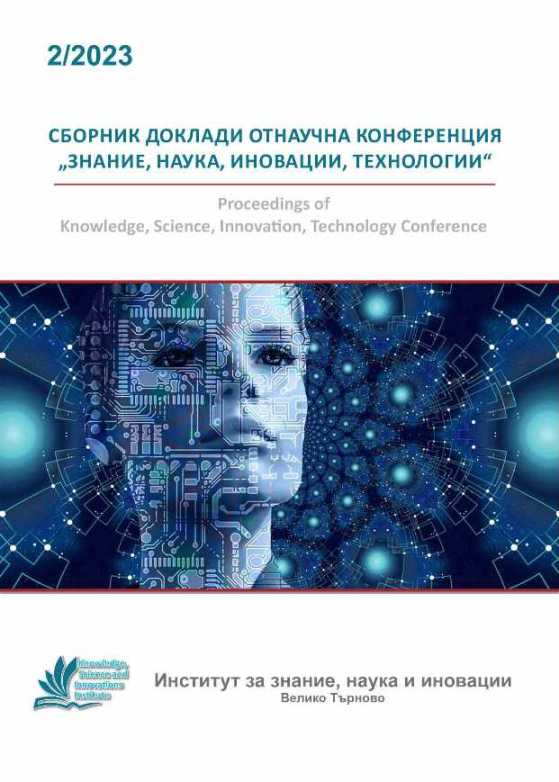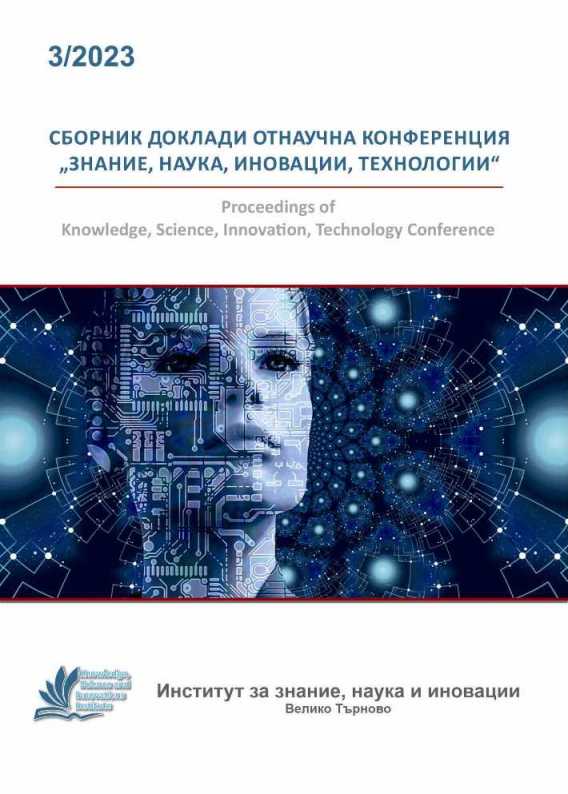
Взаимодействие на Българския зъболекарски съюз (БЗС) и Националната здравно-информационна сиситема (НЗИС)
The National Health Information System (NHIS) was created within the framework of Grant Agreement (GIF) No. BG05SFOP001-1.002-0007 of 21.03.2017, under the project “Completion of the National Health Information System (NHIS) - Stage 1 and stage 2” with the beneficiary being the Ministry of Health. Part of the goals of the NHIS are: improving the quality of medical care, improved diagnosis and treatment, reduction of medical errors; Provision of rational drug treatment; Facilitating communication between patients and healthcare professionals; Increased efficiency of the healthcare system; Quick access to the necessary data; Easy to read and complete medical documentation and much more. The integration of the centralized registers with the NHIS makes it possible to incrementally introduce multiple automated validations and controls at the various steps of the processes in the Healthcare sector. The Bulgarian Dental Union is one of the participants in the NZIS, and this currently creates various legal problems for the members of the class.
More...

